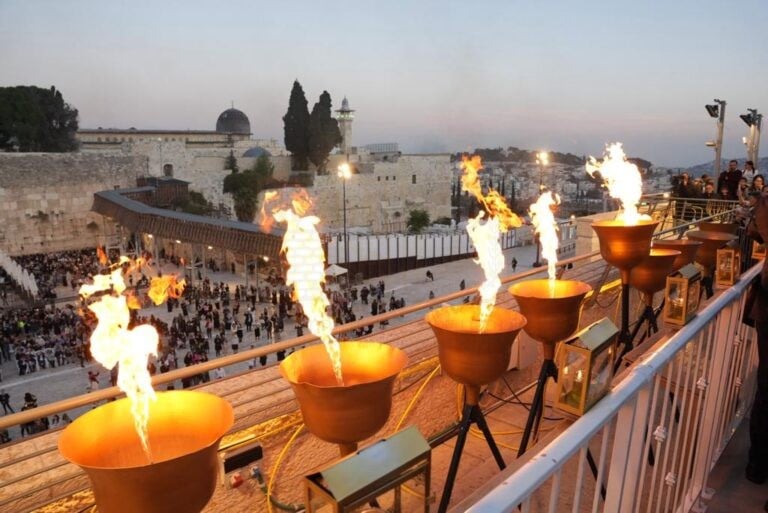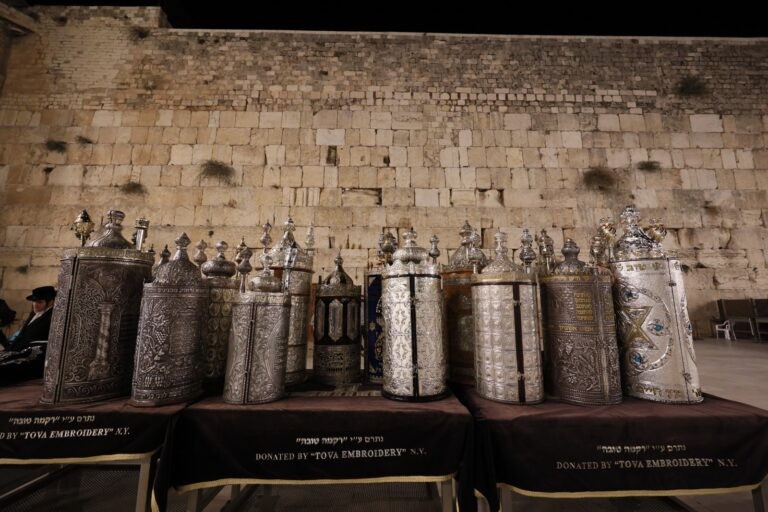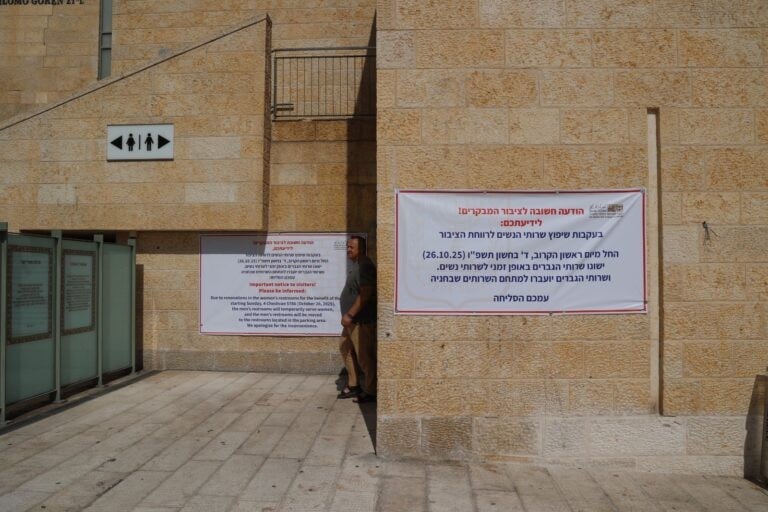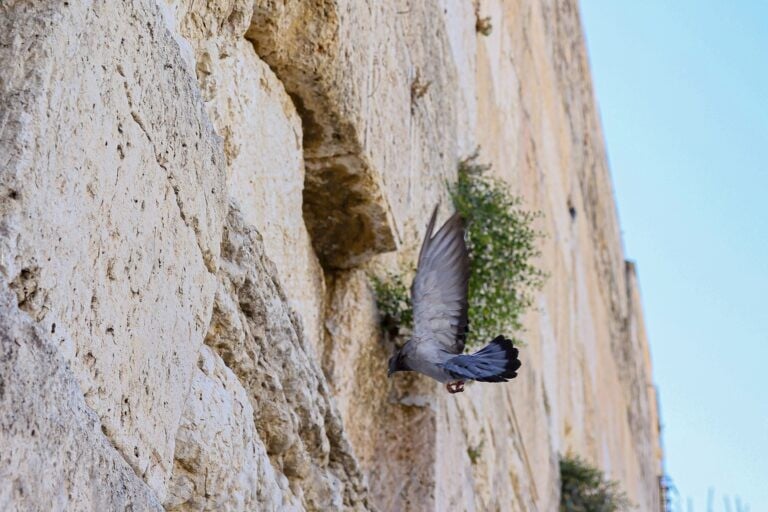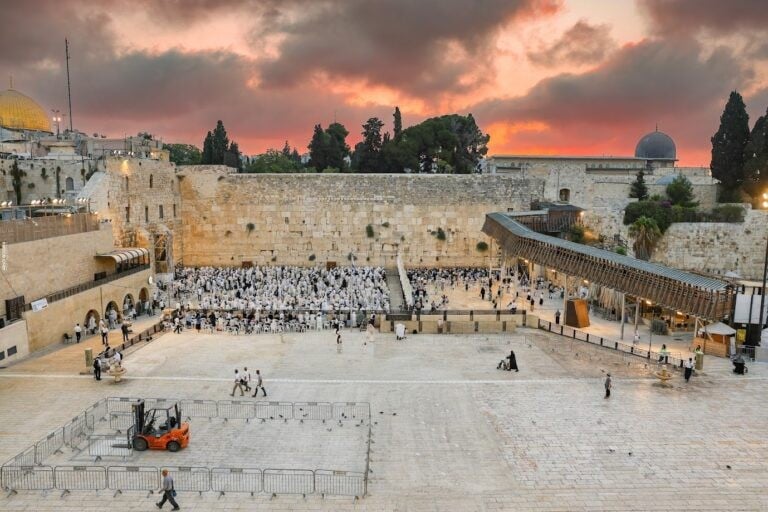Parashat Vaera 5783
Rabbi Shmuel Rabinowitz, Rabbi of the Western Wall and Holy Sites
This week’s parasha, Vaera, tells us about a series of meetings between Moses and his brother Aaron – as G-d’s emissaries to take the children of Israel out of Egypt – with Pharaoh, the king of Egypt. Before one of the first meetings, G-d instructed Moses and Aaron as follows:
“When Pharaoh speaks to you, saying, ‘Provide a sign for yourselves,’ you shall say to Aaron, ‘Take your staff, [and] cast [it] before Pharaoh; it will become a serpent.’ ”
(Exodus 7, 9)
And indeed, when Moses and Aaron came to the meeting with Pharaoh, Aaron cast his staff down and it became a serpent. According to most commentators, it was some kind of snake. The Torah tells us that Pharaoh then called to the Egyptian sorcerers, the professional magicians of Egypt, and instructed them to perform for Moses and Aaron. The sorcerers managed through illusion to make their staffs turn into serpents, but Aaron’s staff swallowed theirs.
A careful reading of Pharaoh’s words to Moses and Aaron shows an interesting linguistic oddity. Pharaoh told them “Provide a sign for yourselves,” when the sign was meant for Pharaoh, not for Moses and Aaron. Had it been for them, it would have made sense for Pharaoh to say “Provide a sign for yourselves.” Pharaoh’s idolatrous perceptions led him to believe that whoever could do the best magic was right. If he wanted the sign in order to be convinced that Moses and Aaron had actually come to him as part of a divine mission, why did he say “Provide a sign for yourselves”?
Rabbi Meir Shapira of Lublin (1887 – 1933; president of “Agudat Yisrael” in Poland, the head of the Chachmei Lublin yeshiva, and the initiator of the concept of “daf yomi”) offered a profound interpretation of Pharaoh’s words. When Moses and Aaron came to Pharaoh and demanded he let the Jewish nation leave for the desert to worship G-d, Pharaoh thought their request was surreal since he considered them slaves unable to worship any god. He saw them as tools in the service of the kingdom; slaves devoid of personalities. The demand brought by Moses and Aaron seemed to him completely illogical.
So, Pharaoh said ‘Provide a sign for yourselves.” Pharaoh did not tell them to perform just any magic, but to prove that their demand was possible, and that the Hebrew slaves could rise to the level of G-d worshippers. The sign was needed to prove that the words of Moses and Aaron were not surreal.
And indeed, the sign was the staff becoming a serpent and then going back to being a staff. Moses and Aaron proved with this sign that when there is “siyata d’shmaya,” help from Heaven, there is nothing that isn’t possible. If G-d wants to take the Jewish nation out of Egypt and give them the Torah on Mount Sinai, then it is as possible as the staff becoming a serpent and then reverting back to being a staff.
The redemption of the Jewish nation from Egyptian slavery and their becoming a nation who received the Torah involved an extensive and comprehensive change in consciousness. From slaves devoid of choice, they became the nation that stands for free choice; from people whose rights were trampled, they became “a kingdom of priests and a holy nation” whose mission is to lead all of humanity toward a life of justice and morality. Could such a change even be possible?
The staff that became a serpent and went back to being a staff came to prove to Moses and Aaron, and to the entire Jewish nation, that this was a possible change. And it came to also teach us, learners of Torah thousands of years later, that we are not expected to do the impossible. What is expected of us is possible, because human effort that goes along with “siyata d’shmaya,” help from Heaven, can surprise even the most optimistic person and bring about accomplishments that seem hard to attain.
